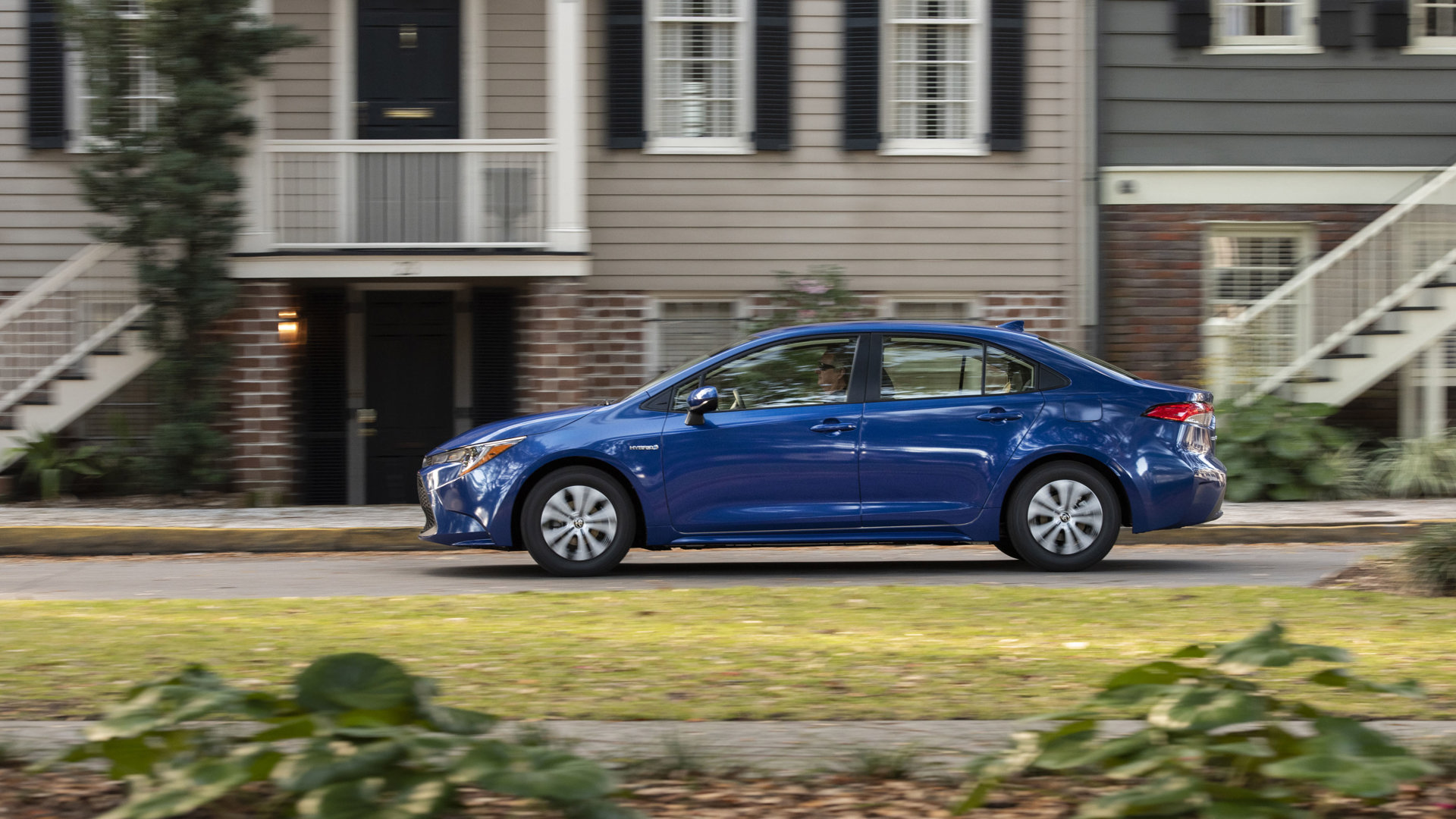As fuel prices climb and more Canadian shoppers are considering sustainability in their major purchase decisions, hybrid cars have been enjoying increased popularity.
Today, many automakers report that hybrid cars and crossovers are leading sales, and the trend is expected to continue as more hybrids come to market, giving shoppers more options to consider.
Below, we’ll help answer 15 of the most popular Google search questions about hybrids.
What Does Hybrid Car Mean?
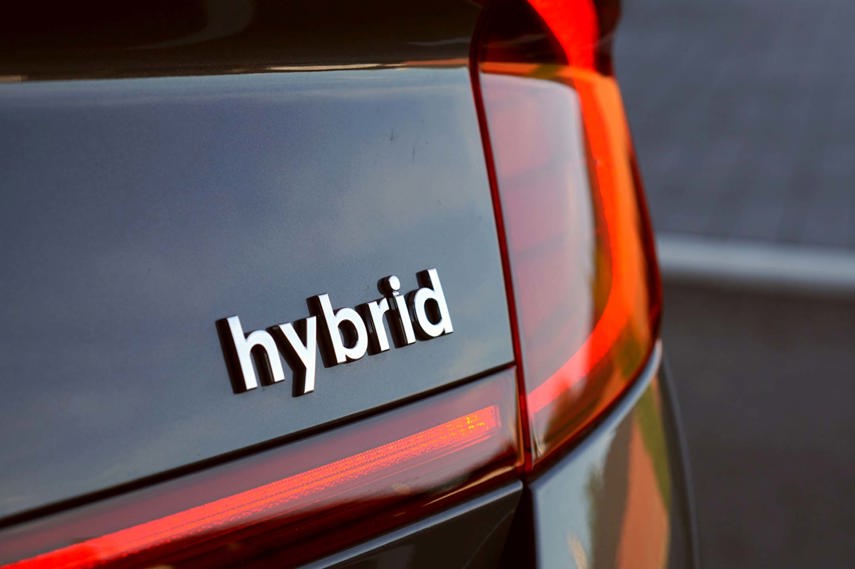
The Oxford dictionary says that a hybrid is “a thing made by combining two different elements; a mixture.”
In the automotive universe, hybrid cars are called hybrids because of their powertrains, which combine two forms of power to drive the vehicle. Hybrid engines combine a conventional gasoline engine with an electric motor so that a mixture of gasoline and electricity can be used to drive the car’s wheels.
Put another way, hybrid cars have special hybrid powertrains that run on both gasoline and electricity, which is why they’re called “gas electric hybrids” by some.
Will a Hybrid Car Save You Money?
That depends on various factors including the price of fuel over time, the distance you drive while you own the vehicle, and the premium you’ll pay for a hybrid car over a non-hybrid model.
For instance, a Toyota RAV4 AWD LE Hybrid costs $2,260 more than a non-hybrid model. The pricier hybrid engine (conservatively) uses $475 less fuel per year, according to Natural Resources Canada (NRCan) data from 2021. This means that the fuel savings from the hybrid engine offset its cost after about five years, assuming it’s driven 20,000 kilometres a year.
To compare the fuel costs of hybrid versus non-hybrid models, consider checking out the Natural Resources Canada (NRCan) Fuel Consumption Guide, here.
Another factor to consider is resale value. As fuel prices increase, non-hybrid vehicles (which use more gas) will likely become less desirable. This means that the upfront cost of a hybrid car today may be offset later by higher resale value when you sell it or trade it in.
Which Hybrid Car Is the Most Fuel-Efficient?
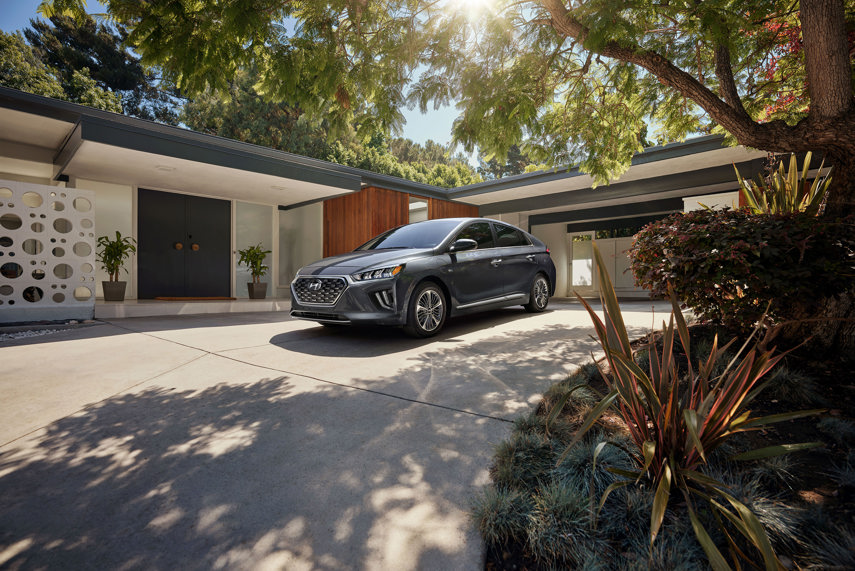
Currently, the most fuel-efficient hybrid car in Canada is the Hyundai Ioniq Hybrid.
This five-door hatchback achieves combined fuel efficiency of 4.0 L/100 km, and has a range of up to 1,125 kilometres per tank.
An Eco-Driving Assist System with driver-selectable drive modes makes it easier for owners to achieve maximum efficiency from the Ioniq Hybrid, which can even consider topographical mapping data to better manage its battery and energy use.
When Does a Hybrid Car Charge?
A hybrid car charges while you’re driving or idling.
The electric drive components built into the hybrid engine automatically generate electricity as you drive your hybrid car around. That electricity is stored automatically within the hybrid’s storage battery (also called the traction battery).
As you drive, the battery recharges itself. Hybrid drivers never need to worry about charging their battery, as the process is totally automatic, self-managed, and invisible. This is a key reason hybrid work just like normal cars: just hop in, start the engine, and drive.
The Hyundai Sonata Hybrid is available with a solar panel roof that can charge the battery too, but this is a rarity among hybrids.
Why Are Hybrid Cars Better?
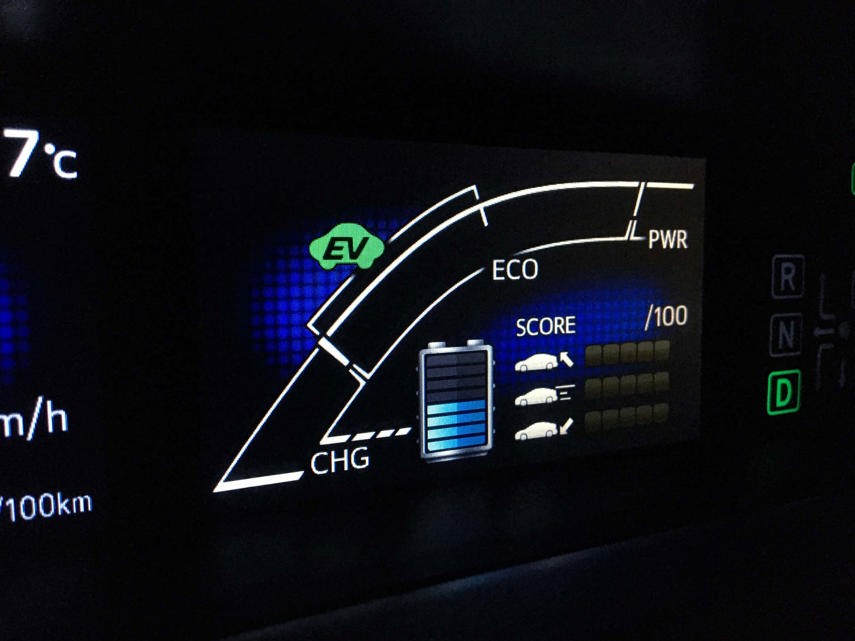
Hybrid cars boast several benefits over non-hybrid models.
In addition to potentially better resale value, lowered emissions, and reduced fuel bills, hybrid cars can also boast a performance improvement over non-hybrid models.
While the electric motor and battery in a hybrid engine are used to save fuel, they have the additional ability to electrically boost the power output of the hybrid engine by applying a direct electric power boost to the wheels through the electric motor.
In this way, hybrids can use electricity to boost the power of their engine, just like a turbocharger, but one that saves fuel instead of burning more of it.
Versus non-hybrid models, some hybrid drivers can expect snappier off-the-line throttle response, increased low-end torque for commuting, passing, and merging, and a powertrain that’s smoother, quieter, and possibly more responsive.
When Does a Hybrid Car Use Electricity?
Hybrid cars use electricity in many situations. In addition to using electricity to boost the hybrid engine’s power when passing or merging, hybrid cars also use electricity to boost low-speed throttle response.
Some hybrid models are capable of driving solely on electricity, providing regular moments of quiet, all-electric driving, even at highway speeds. Most hybrids run on electric power when parking, during low-speed manoeuvres, and while stopped at a light.
Some AWD-equipped hybrid cars and crossovers even use electricity to power their AWD system. For instance, the Toyota Prius AWD-e has a hybrid engine driving its front wheels, and a single electric motor powering its rear wheels when required, so there’s extra traction without a fuel consumption penalty.
When Does a Hybrid Car Use Gas?
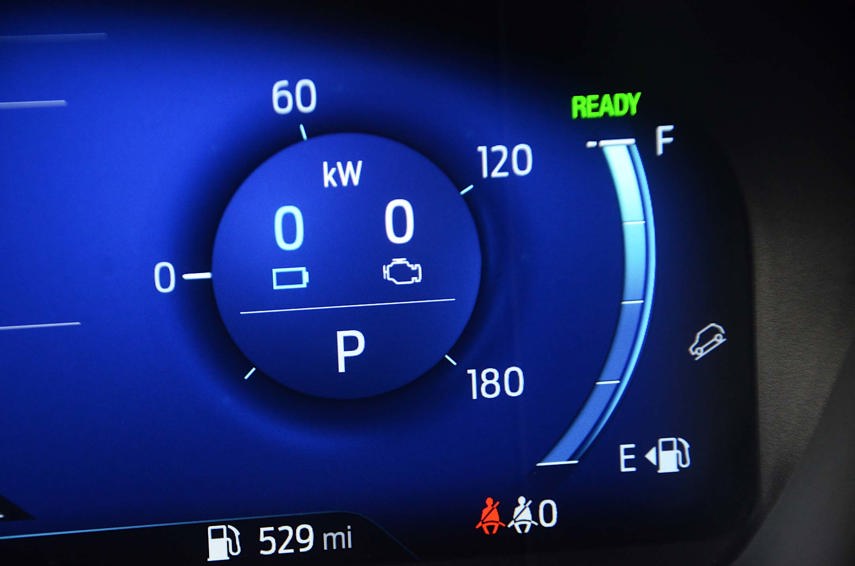
Gasoline combustion is the basis of the hybrid vehicle.
While modern hybrid powertrains use electricity intelligently to reduce fuel consumption, your hybrid will use gas virtually every time you drive it. Using gas is required to help heat the hybrid’s cabin in cold temperatures, to recharge the traction battery, and to allow drivers to experience maximum performance when required.
Hybrid cars use gas as sparingly as possible and drivers will often notice the engine turning on and off as electricity is used to propel the vehicle in many situations where the full power of the gas engine isn’t required.
By design, the hybrid engine turns on and off frequently while the car is driven. This is fully automatic and seamless. These electrically powered moments add up over the course of days and weeks, stretching the range of a tank of fuel considerably.
Can a Hybrid Car Run Without Gas?
No, a hybrid vehicle cannot run without gas and don’t try it, either.
Just like conventional vehicles, drivers should be sure to keep gas in their tanks. Attempting to drive your hybrid while it’s out of gas could damage its battery or hybrid system and is likely to result in your road trip stopping dead in its tracks.
Are Hybrid Batteries Expensive?
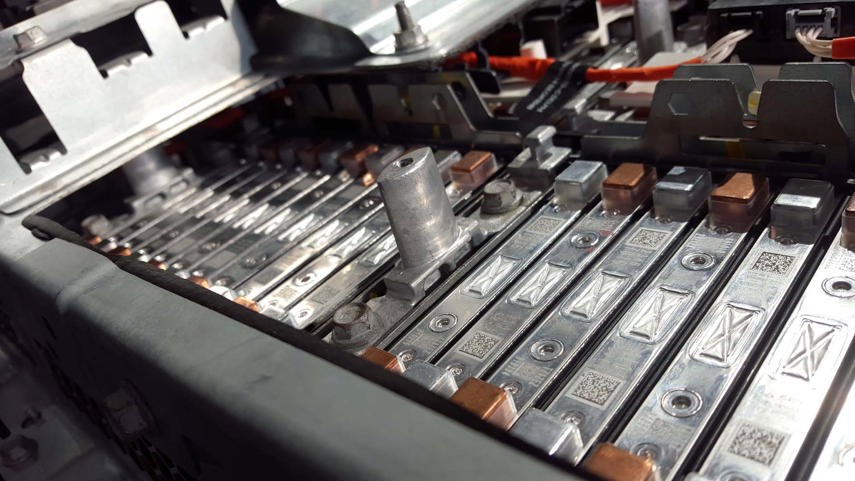
The vast majority of hybrid drivers won’t ever need to replace their batteries and new hybrids are covered by battery warranties of eight to 10 years, with some automakers offering 160,000 or even 240,000 kilometres of coverage.
Owner-reported battery replacements are low against total hybrid sales volumes, and battery costs have been dropping in recent years, but replacing a hybrid battery could cost thousands in the rare case that you’d need it and it wasn’t covered by the warranty.
Are Hybrid Cars More Expensive to Maintain?
No, hybrid cars are not more expensive to maintain relative to conventional gas-powered cars. Though the hybrid engine uses additional components and electronics, the majority of hybrid drivers don’t report problems or issues with these, even many years into ownership.
On maintenance, costs are generally similar to non-hybrid cars, though hybrid cars can often go longer between oil changes, and are considerably easier on their braking system parts than a regular car because they have regenerative braking.
Why Does a Hybrid Car Save Fuel?

A hybrid car saves fuel because it’s able to generate its own electricity automatically and use that electricity to help save fuel. A hybrid car draws power from two sources: a gas-powered engine and a large battery (which is charged by that gas engine and by regenerative braking, which captures the energy used during braking). It is more efficient for the gas engine to charge the battery than it is to drive the wheels. A hybrid car is constantly adapting to use the most efficient blend of gas and electric power for the current situation.
More draw from the battery means less draw from the fuel tank, meaning drivers use less gas.
What/When Was the First Hybrid Car?
The first hybrid car on sale in North America was the Honda Insight, which hit the market towards the end of 1999. The popular Toyota Prius arrived a year later.
Are Hybrid Car Batteries Different?
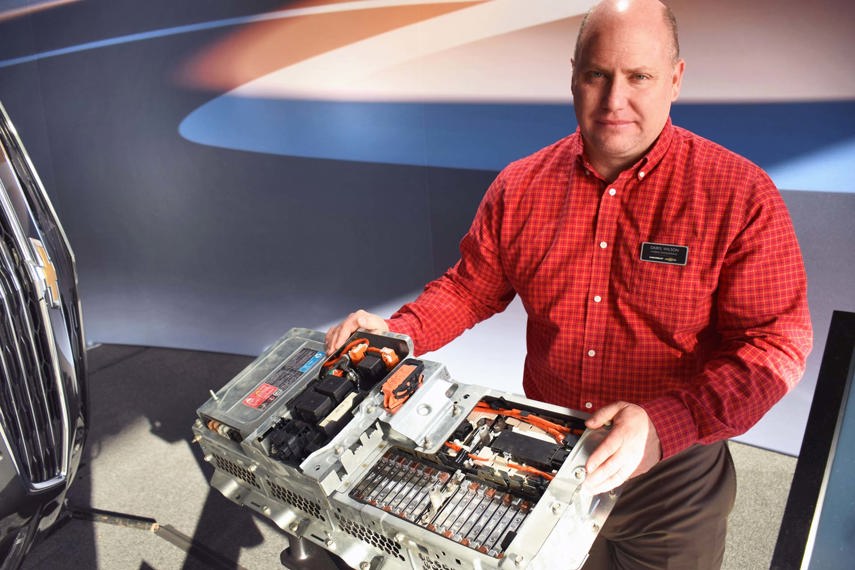
Compared to conventional cars, hybrid batteries are physically larger, store more power, and are designed with specific chemistry.
Many hybrid cars use two batteries: the conventional 12-volt battery found in most vehicles, as well as the hybrid battery (or traction battery), which is made of many smaller cells inside. In a hybrid car, the 12-volt battery often powers accessories and electronics, including parts of the hybrid control system, while the traction battery is reserved solely for driving the wheels.
Where a common 12-volt battery is typically placed under the vehicle’s hood, the larger hybrid traction battery is commonly found under the vehicle’s rear seats or cargo area floor.
What Hybrids Can Tow?
Many hybrids can tow, especially when you’re considering a hybrid-powered SUV.
Hybrid models like the Land Rover Defender can tow up to 7,700 lb, while the Ford Explorer Hybrid can tow 5,000 lb. The Toyota Highlander Hybrid can tow up to 5,000 lb.
Do Hybrid Cars Have a Catalytic Converter?
Yes, all vehicles with an internal combustion engine need to be equipped with a catalytic converter to meet emissions regulations, hybrid cars and SUVs included.
